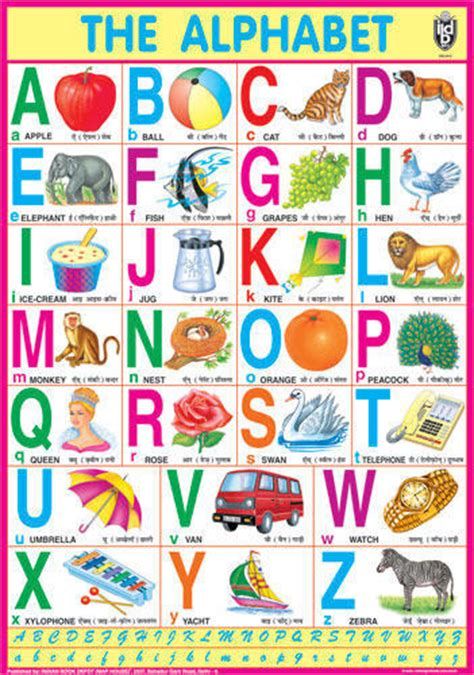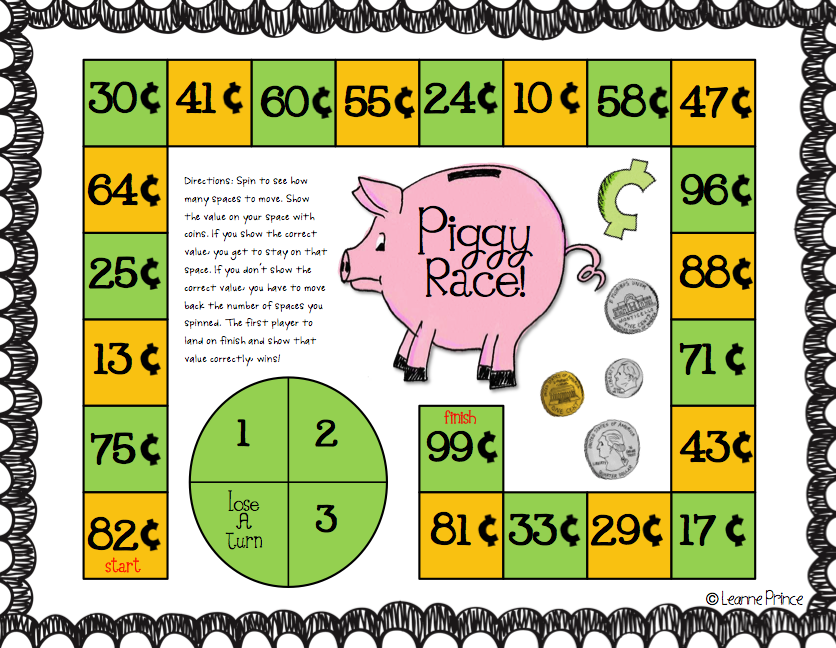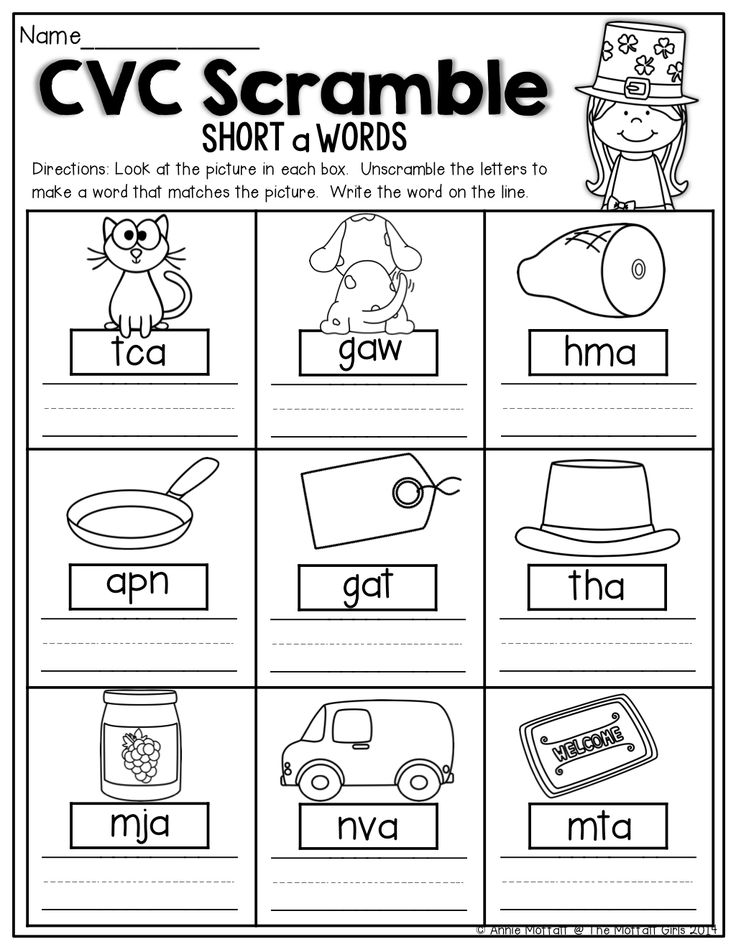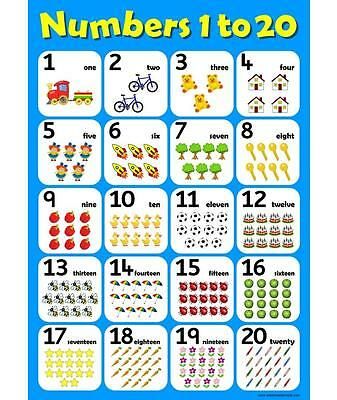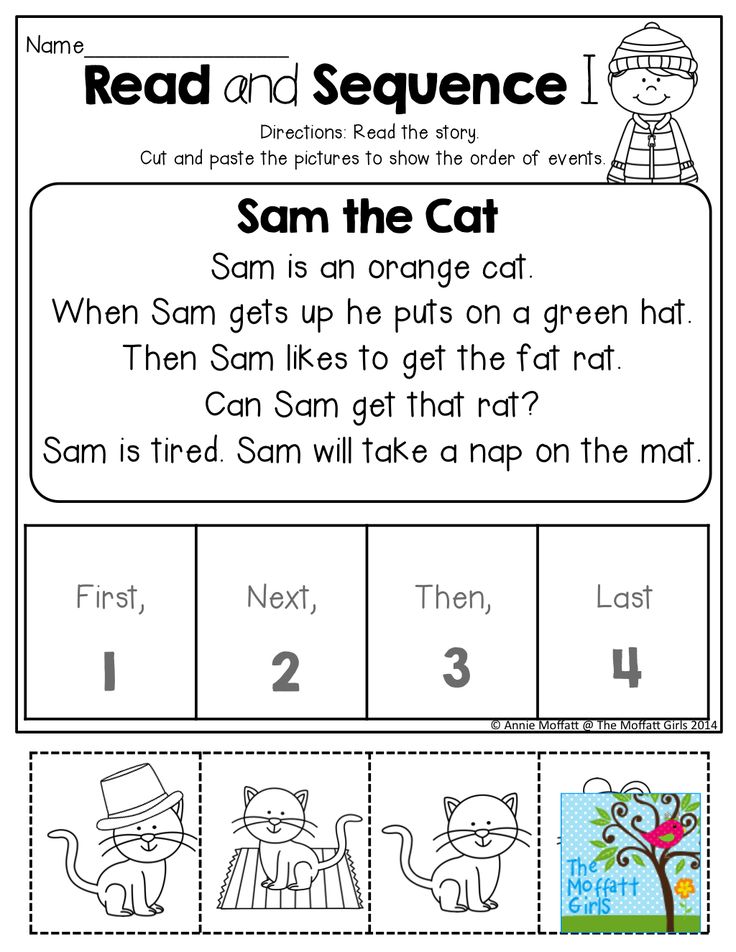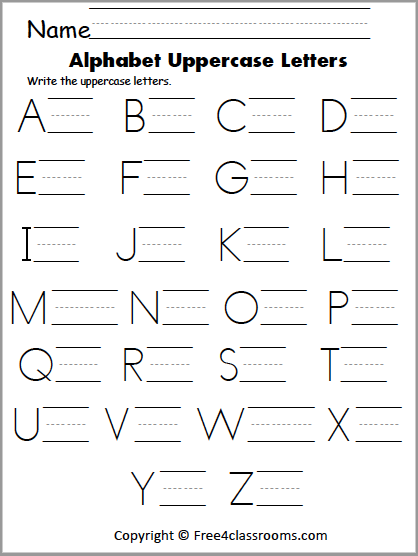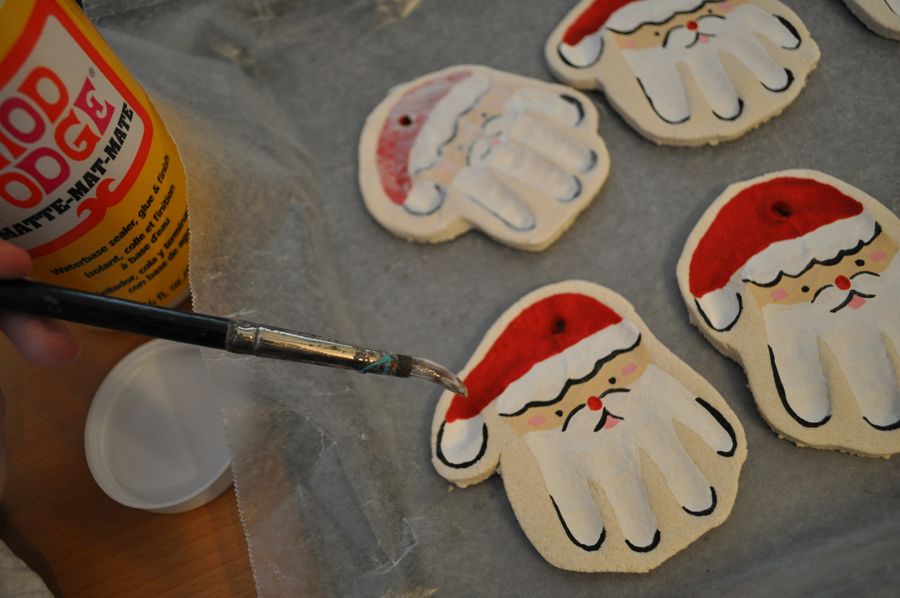Words with double consonant
Spelling Words with Double Consonants
by Yen Cabag | 4 comments
Many words that end with a consonant (a letter that isn’t a vowel) require that the ending consonant be doubled when you add a suffix to them.
These suffixes can include –ed to form the past tense, –ing to form the present progressive tense, or –er and –est to denote comparison.
For example, “She slapped the mosquito.”
The word “slapped” is pronounced as one syllable, “slapt,” but it’s spelled like it has two syllables. The same principle applies to the word “spelled” and many others.
Do’s and Don’ts for Spelling Words with Double ConsonantsHowever, not all consonants are doubled when we add these suffixes, so you need to learn the rules for spelling words with double consonants.
When you attach a suffix to CVC words, DO double the ending consonants.Three-letter words that follow the Consonant – Vowel – Consonant (CVC) pattern always have their last consonant doubled when you add a suffix. For example:
- sip – sipped – sipping
- cap – capped – capping
- tap – tapped – tapping
- pot – potted – potting
- dip – dipped – dipping
- sit – sitting
- rob – robbing – robbed – robber
This rule also includes four-letter words that begin with blended consonants, such as pl-, sl– sh-, cl-, and bl-, among others. For example:
- slip – slipped – slipping
- drop – dropped – dropping
- crop – cropped – cropping
- clip – clipped – clipping
- clop – clopped – clopping
- stop – stopped – stopping
- grab – grabb ed – grabbing

For words with more than one syllable, the key to remember is whether the last syllable is stressed or not. If the stress falls on the last syllable, double the consonant; otherwise, keep it single.
For example:
begin – beginning
The word “begin” is stressed in the last syllable; therefore you have to double the letter “n” before you add -ing.
How about for the word “visit”? The stress falls on the first syllable. This means we do not double the letter “t,” and instead, we spell it as “visited” or “visiting.”
Other examples include:
Unstressed last syllable:
- happen – happened – happening
- listen – listened – listening
- moisten – moistened – moisening
- render – rendered – rendering
Stressed last syllable:
- compel – compelled – compelling
- dispel – dispelled – dispelling
- embed – embedded – embedding
- repel – repelled – repelling
- admit – admitted – admitting
Despite this rule, though, you need to familiarize yourself with many words, because there are quite a few exceptions to this rule, such as the word “cancel.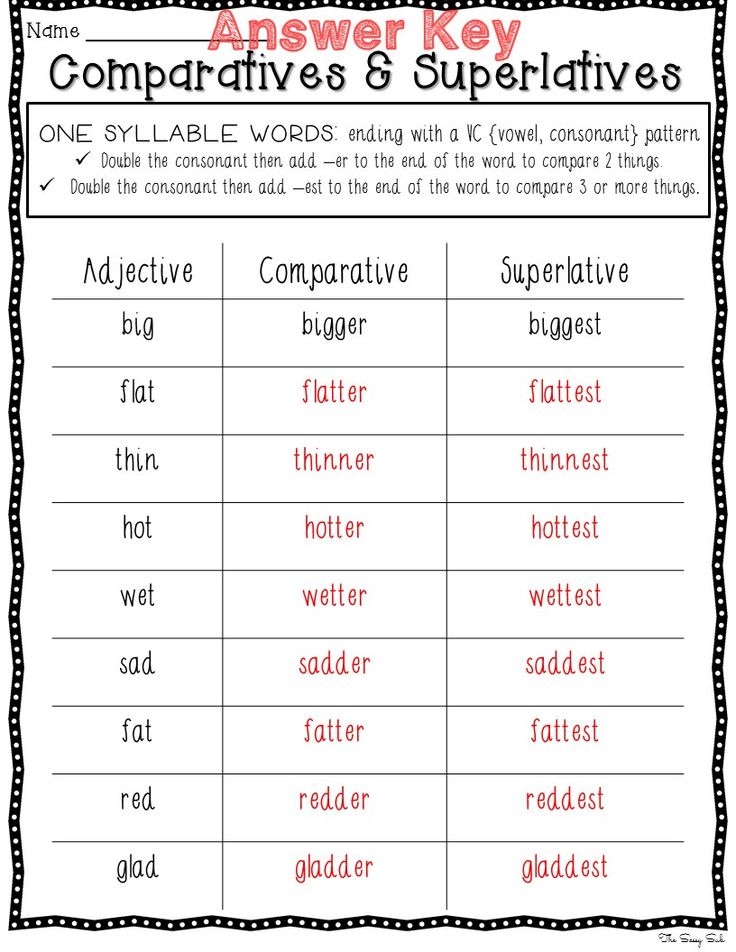 ” Cancelled and canceled are both accepted (Americans prefer canceled, while most of the rest of the world prefers cancelled).
” Cancelled and canceled are both accepted (Americans prefer canceled, while most of the rest of the world prefers cancelled).
Based on this rule, the following words, since they end in two vowels and a consonant, do not require double consonants:
- conceal – concealed
- reveal – revealed
- unveil – unveiled
In English, a vowel sound can be short or long. For example, for the letter “a,” the short sound occurs in the word “mat,” while the long “a” sound occurs in “mate.”
Words with two syllables that feature a short vowel sound in the first syllable typically have a double consonant following it. This actually functions as a way to “protect” the short vowel sound. For example, the word “apple” contains two “p’s” and helps you determine that the word uses a short “a” sound.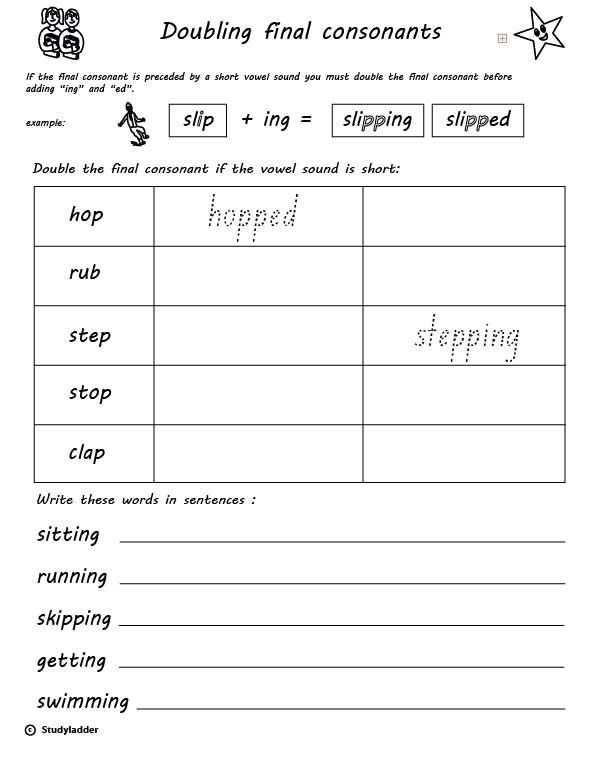 If it were spelled “aple,” it would be pronounced with a long “a” sound.
If it were spelled “aple,” it would be pronounced with a long “a” sound.
Examples of words that follow this rule are:
- matter
- batter
- butter
- bitter
- Polly
- dinner
- cottage
- drizzle
- rubber
- muffin
- coffin
If a two-syllable word has a long vowel sound in the first syllable, we don’t double the middle consonant. For example:
- spider
- minor
- bugle
- tuba
If a word ends in a consonant blend, such as –ng, –nk, –st, do not double the last consonant.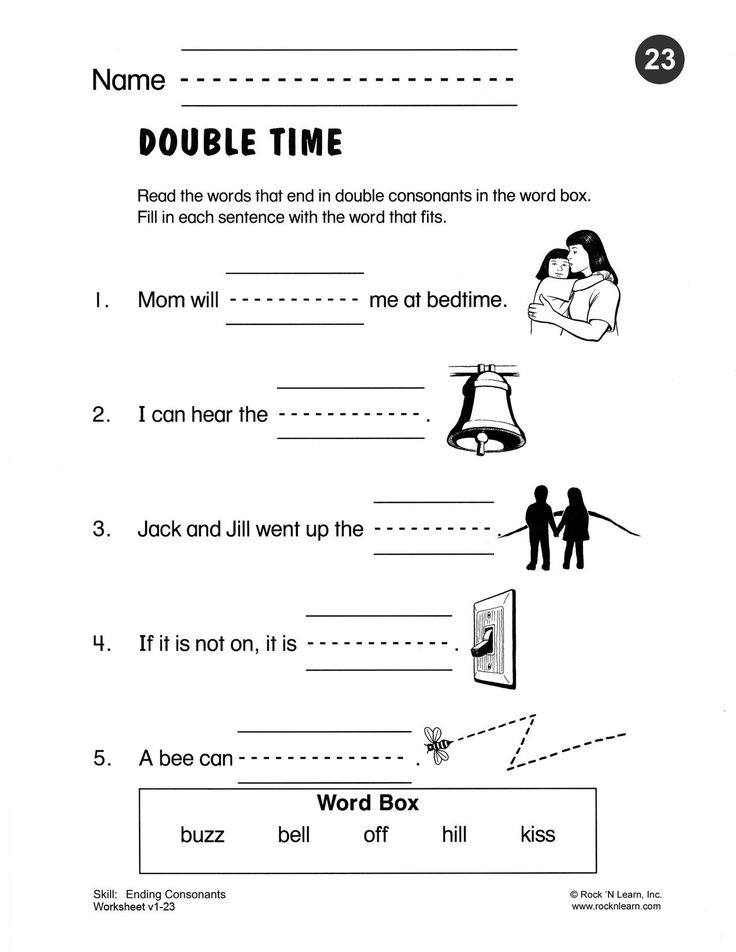
For example:
- link – linked – linking
- milk – milked – milking
- post – posted – posting
- jump – jumped – jumping
- form – formed – forming
- bond – bonded – bonding
- park – parked – parking
Check your spelling skills with this free Spelling Words with Double Consonants PDF Quiz by circling the correct spelling of the words in brackets.
- Did you hear what [happenned / happened] during Ira’s birthday party?
- He quickly [formmed / formed] his opinion of Lady Margaret.
- The father and son [bonded / bondded] over ice cream.
- The [cotage / cottage] looks very inviting.
- The government [compeled / compelled] everyone to be listed in the national ID system.
- Weren’t you [listening / listenning]?
- The three-year-old painstakingly [arranged / aranged] his toys on the shelf.
- The young mother wanted her children to appreciate their [differences / diferences].
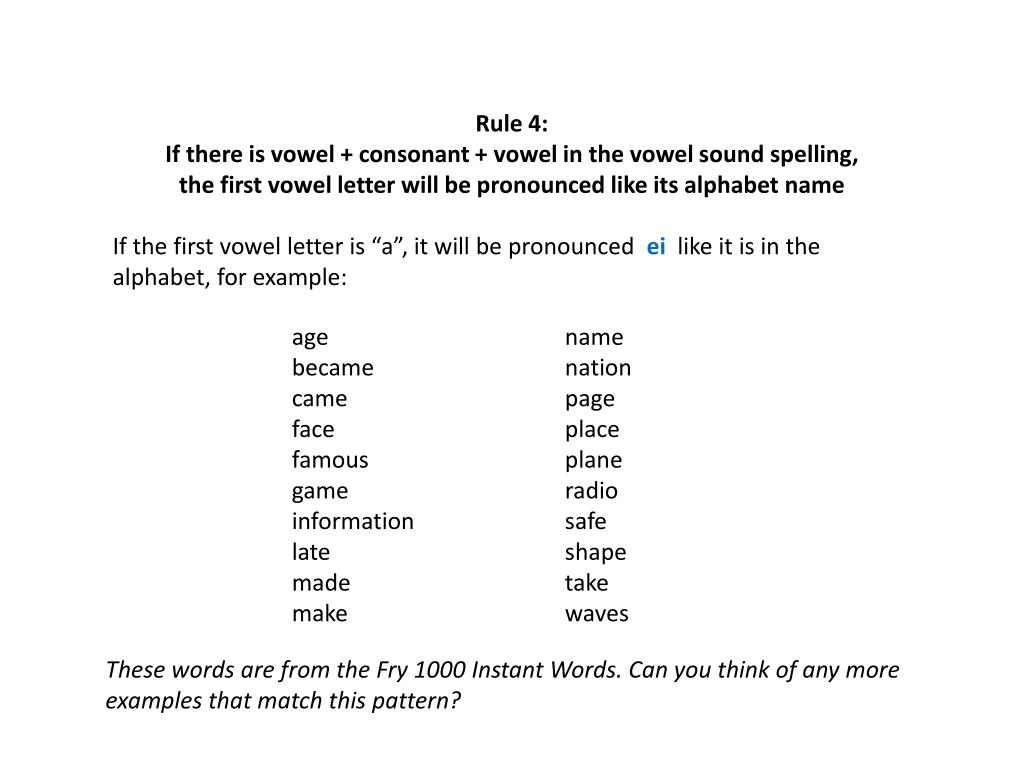
- She’s [ridden / riden] a horse before, hasn’t she?
- “The three little kittens, they lost their [mitens / mittens], and they began to cry.”
- “[Rabbi / Rabi], did you call me?” he asked eagerly.
- “No, I don’t like spiders,” she said with a [shuder / shudder].
- The quick brown fox [jumped / jumpped] over the lazy dog.
- Do you like [aples / apples]?
- The [rabit / rabbit] nibbles on a carrot.
- Did you hear what happened during Ira’s birthday party?
- He quickly formed his opinion of Lady Margaret.
- The father and son bonded over ice cream.
- The cottage looks very inviting.
- The government compelled everyone to be listed in the national ID system.
- Weren’t you listening?
- The three-year-old painstakingly arranged his toys on the shelf.
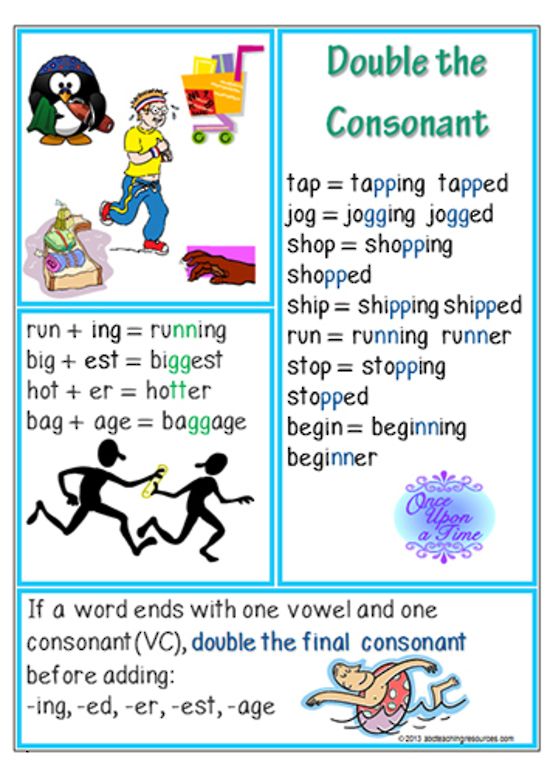
- The young mother wanted her children to appreciate their differences.
- She’s ridden a horse before, hasn’t she?
- “The three little kittens, they lost their mittens, and they began to cry.”
- “Rabbi, did you call me?” he asked eagerly.
- “No, I don’t like spiders,” she said with a shudder.
- The quick brown fox jumped over the lazy dog.
- Do you like apples?
- The rabbit nibbles on a carrot.
Spelling rules are important to memorize if you want to avoid embarrassing mistakes. Another way to improve your spelling is to look for new words frequently and visualize them in your mind’s eye.
If you haven’t done this before, take an unfamiliar word, look at it for some time, then close your eyes and try to visualize the word. Do this with as many words as you need, and you will soon find that you can almost instinctively tell when a spelling looks “off.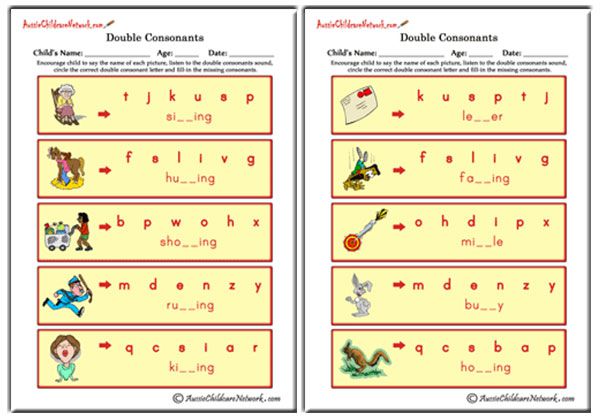 ”
”
Did you find this post helpful? Let us know in the comments below!
If you enjoyed this post, then you might also like:
- Open and Closed Compound Words: Common Examples and Rules for Spelling
- How to Study for a Spelling Test: 8 Tips for Better Results
- American vs. British Spelling: Orthography and Alternate Spellings of Common Words
- How to Spell Better Using the Secrets of Spelling Bee Winners
Yen Cabag
Yen Cabag is the Blog Writer of TCK Publishing. She is also a homeschooling mom, family coach, and speaker for the Charlotte Mason method, an educational philosophy that places great emphasis on classic literature and the masterpieces in art and music. She has also written several books, both fiction and nonfiction. Her passion is to see the next generation of children become lovers of reading and learning in the midst of short attention spans.
6 Rules Every Writer Should Know
Double consonants are a complicated part of the English language.
Mastering the rules affecting them will level up your spelling comprehension.
But fair warning: things can — and do — get confusing.
Double consonants aren’t what you would call “straightforward.”
So if you’re learning English or brushing up on the basics, it’s wise to spend time reviewing double consonants and when to apply them.
To that end, we’ve made this double consonant study sheet.
There’s even a quiz at the end to test your skills.
What’s In This Article?
[hide]
What is a Double Consonant?
Double consonant words have two consonants in a row, like “tunnel.”
The phrase, technically, can also apply when two different consonant sounds occur in succession, as with “stamp.”
But when people talk about double consonants, they’re almost always talking about words with repeating consonants.
Double consonants can be a spelling obstacle. Since the rules (which we’ll get to below) don’t hew to a single pattern, it can be challenging to remember when to double a consonant and when to leave it be.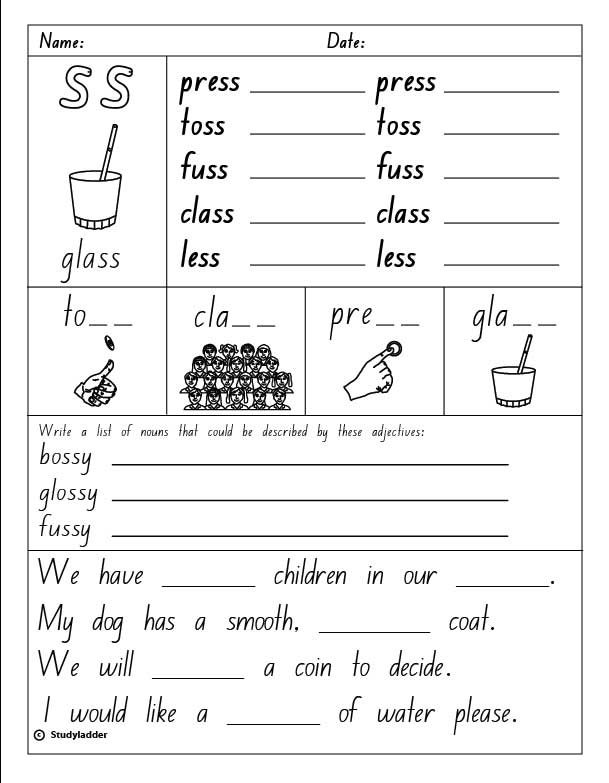
Generally, words that end in certain suffixes often call for double consonants. What are suffixes? They’re the endings tacked onto words to change their tense.
The following are common English word suffixes:
- -ed
- -ing
- -er
- -est
When adding one of these endings, there’s about a 75% chance you’ll need to double the preceding consonant.
Double Consonant Word List
We’ve looked at the definition of double consonant. Now, let’s review a list of words with double consonants. Bookmark this page and head back when you need to check whether a given word has a double consonant.
Words That End in Double Consonants
Here’s a list of words that end with double consonants.
- Bell
- Sell
- Smell
- Tell
- Doll
- Skull
- Class
- Dress
- Bliss
Words With Double Consonants in the Middle With an
-ed EndingHere’s a list of words with double consonant examples wherein the word has doubled consonants in the middle with an -ed ending.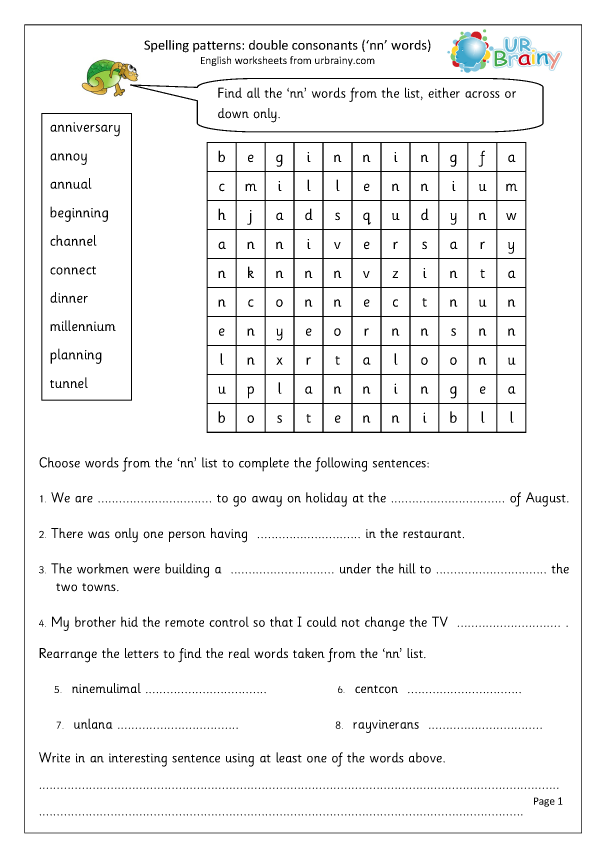
- Tapped
- Dropped
- Stopped
- Clipped
- Sipped
A Random List of Double Consonant Words
- Abbess
- Address
- Annex
- Bitten
- Better
- Bossy
- Buttress
- Better
- Cuddle
- Currant
- Collect
- Dimmest
- Dizzy
- Divvy
- Eggplant
- Frizzy
- Flippant
- Gimmick
- Gibbon
- Grizzly
- Hissing
- Hidden
- Immune
- Innate
- Jiffy
- Mastiff
- Quizzes
- Ripple
- Shipping
- Summon
- Silly
- Tariff
- Tizzy
- Unzipped
- Whippet
- Zippy
How Do You Find the Double Consonant Word?
As you can see, double consonants are everywhere and are frequently found in words that have suffixes like —ed and —ing. But how can you pick them out?
It’s easy: Simply look for two consonants in a row. Many people think all double consonant words have the same letter repeated twice in a row.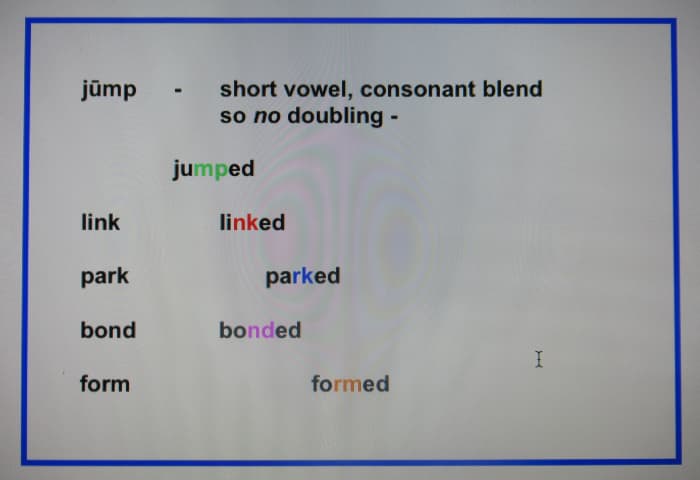 Technically, however, double consonant words with different letters also exist.
Technically, however, double consonant words with different letters also exist.
For example:
- Cramp
- Lamp
- Blot
- Blowtorch
- Glamping
- Standing
Double Consonants Rules: 6 Rules Every Writer Should Know
Several grammar rules apply to double consonants. Let’s review six of them.
The CVC Rule
CVC stands for “consonant, vowel, consonant.” When the three last letters of a one-syllable word adhere to the CVC pattern, the final consonant is doubled when adding a suffix. For example:
- “Drop” becomes dropped or dropping.
- “Big” becomes bigger or biggest.
- “Rest” becomes rested, not restted, because the last three letters have a “vowel, consonant, consonant” pattern.
The Pronunciation Conundrum
Some double consonant words are pronounced as either one or two syllables, but the spelling remains the same.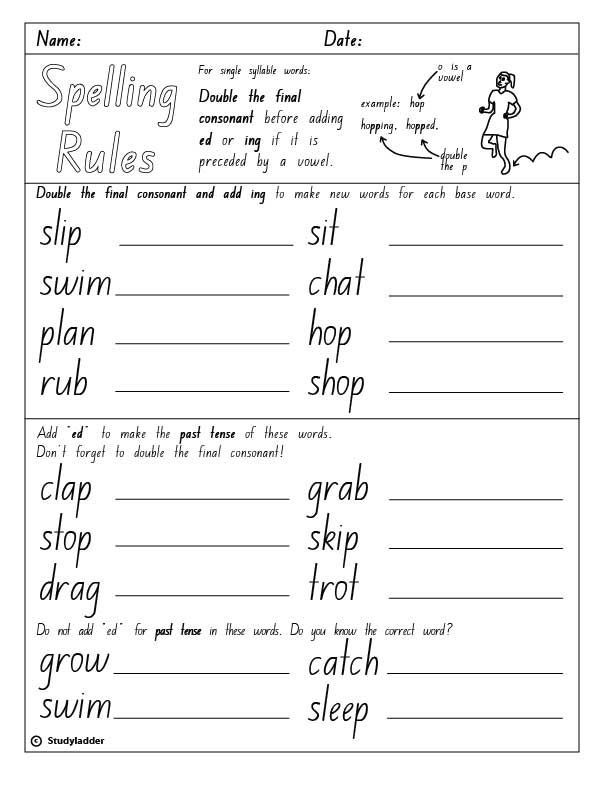
For example, “blessed are the meek, for they shall inherit the Earth” is a famous saying. However, the proper pronunciation for “blessed” isn’t the standard, one-syllable way. Instead, it becomes a two-syllable word in the “meek” statement.
When is it one syllable, and when is it two? Unfortunately, it’s contextually dependent.
The Syllable Stress Rule
As the name suggests, the syllable stress rule requires a good grasp of how syllables work in English. Instead of focusing on the consonants, it’s anchored in the syllable count.
How does it work?
If you stress the first syllable of a given word, don’t double the consonant. If the second consonant is stressed, go ahead and double up. To wit:
- “Begin” becomes “beginning” because be- is the stressed syllable, so you add another consonant.
- “Visit” becomes “visiting” or “visited” because -it is the stressed syllable, so you don’t double the consonant.
The Vowel Length Rule
Vowels in the English language can either be short or long.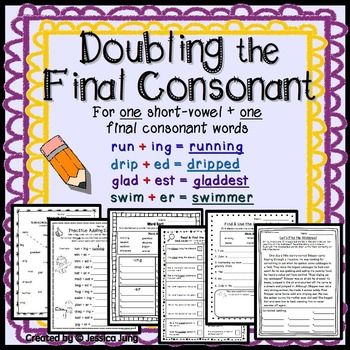 Short ones appear in words like “mat” and long ones in locutions like “mate.”
Short ones appear in words like “mat” and long ones in locutions like “mate.”
In most circumstances (but not all), two-syllable words with a leading short vowel have a double consonant following them.
Examples of words that follow the vowel-length double consonant rule are:
- Matter
- Butter
- Dinner
- Cottage
- Drizzle
- Rubber
- Muffin
A good way to remember this rule is by thinking of the word “apple.” It starts with a short “A” vowel followed by two “Ps.” So if the “A” you’re considering has the same sound as the one in “apple,” it probably calls for a double consonant.
The Consonant Blend Rule
If doubling creates a consonant blend, don’t do it. For example, keep it single when a word ends in -rm, –ng, –nk, –st, or -rk. To wit:
- “Link” becomes “linked” or “linking.”
- “milk” becomes “milked” or “milking.”
- “post” becomes “posted” or “posting.”
- “form” becomes “formed” or “forming.
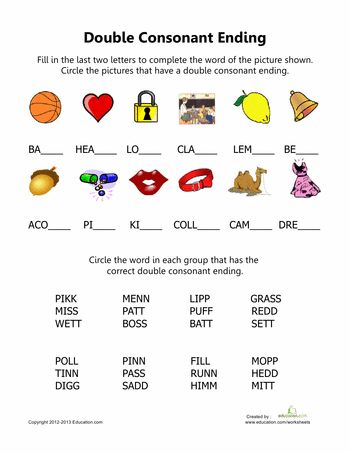 ”
”
The Rabbit Rule
The “rabbit rule” states that if a word has two syllables, only one consonant sound sits between the vowels, and the vowel is short, then the consonant in the middle is doubled.
For example, rabbit, happy, and kitten are all words with two syllables and a short vowel, meaning that the consonants’ bb, pp, and tt are doubled.
The One Vowel, One Consonant Rule
For single-syllable words, double the final consonant only if the word ends in one vowel and one consonant. For example, “mat” would become “matted.”
For multisyllabic words, double the final consonant if the word ends in one vowel, one consonant, and the last syllable is stressed.
The W-X-Y Rule
The W-X-Y rule is simple. At the end of a word, don’t count w, x, or y as a consonant. Moreover, when sticking suffixes on the end, you never double consonants that fall into this category.
More Related Articles
Does A Comma Go Before Or After But?
So Where Does The Comma Go? Before Or After So?
15 Common Grammar Mistakes That Kill Your Writing Credibility
Test Your Knowledge of Double Consonants
We’ve discussed the ins and outs of double consonants in the English language.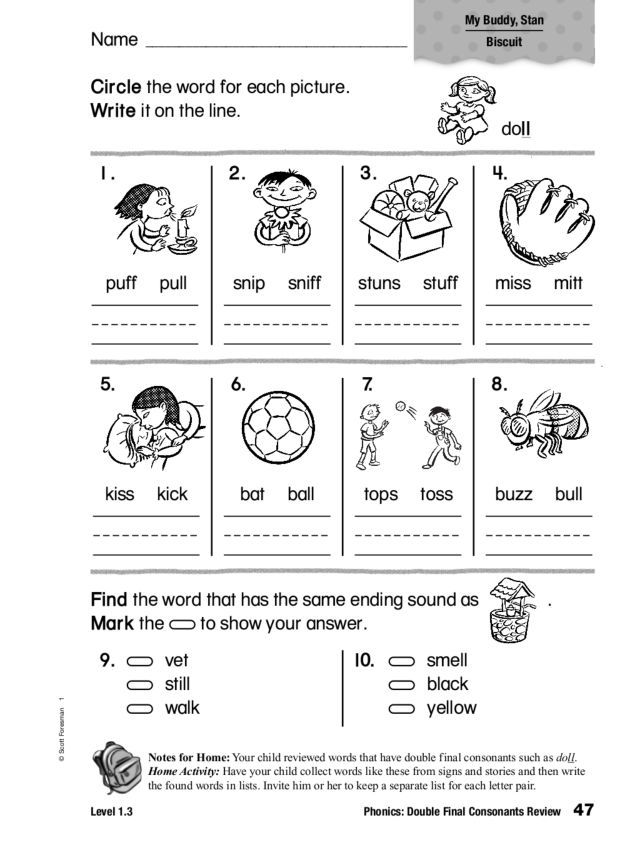 Now, let’s do a quiz! Don’t worry. We’re not grading you.
Now, let’s do a quiz! Don’t worry. We’re not grading you.
Part One: Pick the Right Word
- I love to watch [jumpping / jumping] cats. They’re so athletic and impressive.
- I [parked / parkked] the car at Harvard Yard and gave the attendant a quarter.
- Eating an [aple / apple] a day keeps the doctor away.
- [Listening / Listenning] to calming music can help soothe anxiety.
- I asked my [rabbi / rabi] to help me pick a haftarah portion for my bat mitzvah.
- My dog likes to [nibble / nible] on snacks while watching TV — just like a human!
- [Writting / Writing] is difficult, and writer’s block is a serious issue for many authors.
- We spent Christman morning [unwraping / unwrapping] a pile of presents and the afternoon stuffing our faces.
- Anyone with cat children understands there’s nothing on this planet that’s more adorable than [kittens / kitens].
- What [happenned / happened] on the way to the theater?
- Lifestyle [differences / diferences] frequently affect compatibility.
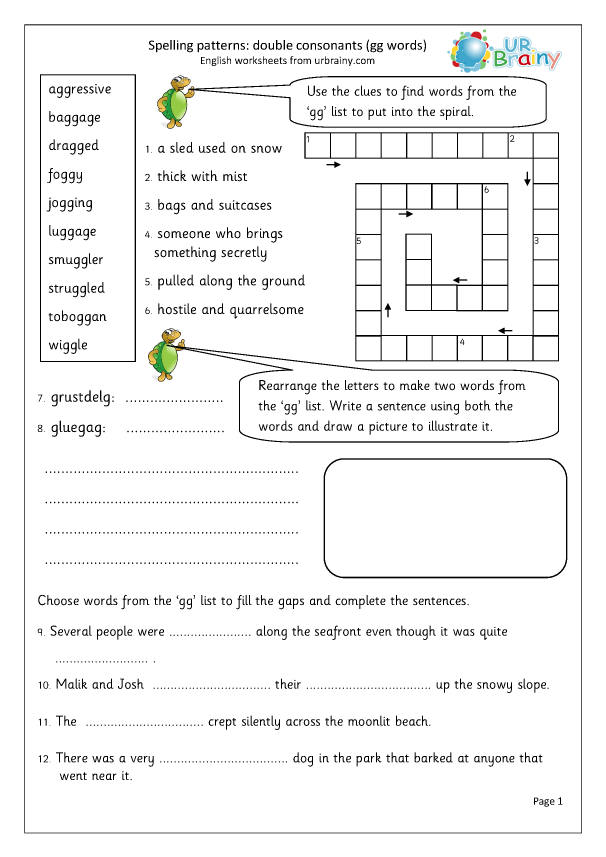
- Lars [robed / robbed] Lulu’s heart, so she ended things with Larry.
- Were you [readmitted / readmited] into the zoo, or did they remember the Great Sloth Incident of 1999?
- Mimi [stopped / stoped] at the red light even though nobody was around for miles.
- I [posted / postted] the results, and you-know-who threw a temper tantrum.
Part Two: Answer Questions
16. What isn’t a double consonant rule?
- The Syllable Stress Rule
- The Vowel Length Rule
- The Consonant Length Rule
- The Consonant Blend Rule
17. What letter should count as a consonant at the end of a word?
- W
- X
- V
- Y
18. What is the “rabbit rule”?
- You must knock on a piece of wood every time you see a rabbit.
- When words with two syllables have a short vowel and only one consonant sound is placed between the vowels, the middle consonant is doubled.
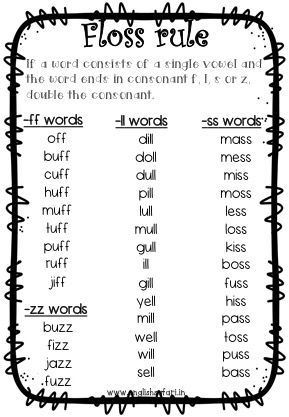
- Animal words always have two “Bs.”
- All hopping animal words have double consonants.
19. Which Sentence is true?
- “Fate” has a long vowel.
- “Apple” has a long vowel.
- “Mister” has one syllable.
- “Fat” has a short vowel.
20. For which one of these words would you double the final consonant before adding -ing?
- Land
- Cast
- Herd
- Clot
Answers
- Jumping
- Parked
- Apple
- Listening
- Rabbi
- Nibble
- Writing
- Unwrapping
- Kittens
- Happened
- Differences
- Robbed
- Readmitted
- Stopped
- Posted
- 3 – The Consonant Length Rule
- 3 – V
- 2 – When words with two syllables have a short vowel, and only one consonant sound is placed between the vowels, the middle consonant is doubled.
- 4 – “Fat” has a short vowel.
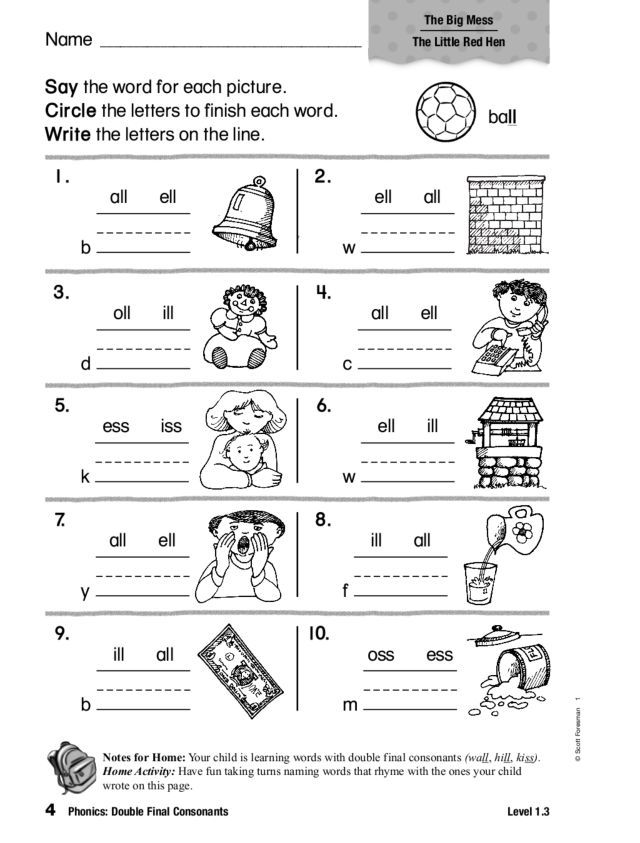
- 4 – Clot
Final Thoughts
Writing is an important skill. The better you are, the more professional opportunities will land in your lap. It really is that simple.
Moreover, although it’s a common bias, people who write well are typically seen as more intelligent, trustworthy, and reputable.
So put a little elbow grease into your writing. Spend 15 minutes studying every day. Within six months, your skills will improve. It may stretch your brain, but that’s a good thing.
If you know others who are learning English or brushing up on their skills, please feel free to share this page.
Double consonants. Double consonant words - Russian
§6
In Russian, words with double consonants in the root are found quite often in foreign words, as well as in some Russian words. Most often in Russian words, a doubled consonant occurs at the junction of a root and a suffix, as well as at the junction of a prefix and a root.
Double consonants in roots
Only double consonants are used in the roots of Russian words ss and lj .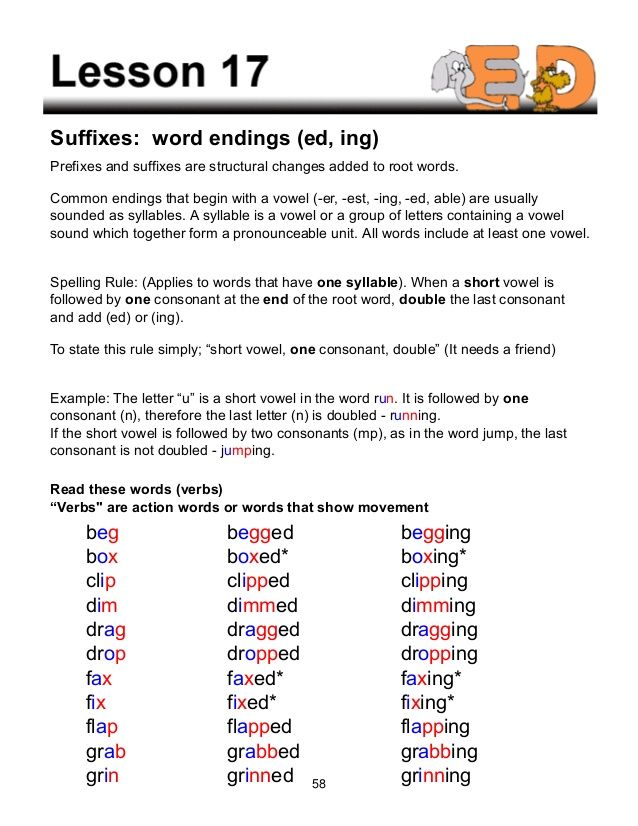 There are few such words.
There are few such words.
The letters ss are written in the word quarrel and related words formed from it, for example: to ss to shout, to ss to shout ; and also in the words Ro ss iya (from the obsolete ross ), ro ss iya, Beloru ss iya (but Rus, Belarusian ).
Letters LJ are written in words in LiveJournal and, DRO LiveJournal and, Zhu LiveJournal AT, MO LiveJournal Ewella and related related words, for example: Zhi LiveJournal ANINIA, MO LJ EVERNIC . Letters LiveJournal are also written in words and forms formed from the verb to burn ( tourniquet ), for example: LiveJournal 111111111111111111111111111, LJ 1111111111111111111 fj em .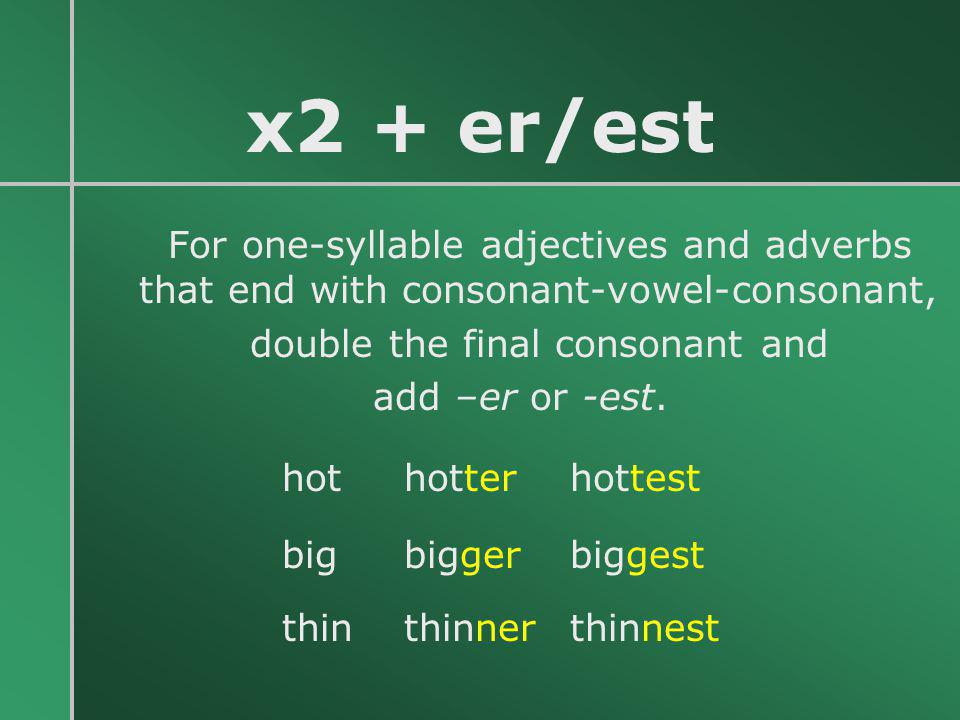
Double consonants at the junction of a prefix and a root
Double consonants in Russian words are written at the junction of a prefix and a root if the prefix ends and the root begins with the same consonant, for example: , in sz rhenium, according to dd hold, o tt excut .
Notes:
1. With the letters ss words formed from the root -count- 9 are written0012 using the prefix ras - for example: ra ss read, ra ss read . Words with the same prefix and root -th- are written with one with , for example: calculation, calculating (but countless , from without counting ).
2. Double consonants can occur in suffixes and at the junction of a root and a suffix, for example: traditional nn th, unity nn th, matro ss cue .
These cases will be considered later.
Double consonants in foreign words
Most double consonants are found in foreign words, for example: appeal , intellectual , occupant . These words, as well as words with unchecked spellings, need to be memorized. The following is a list of the most common words with double consonants.
Words with double consonants
A
- aggressor
- apparatus
- association
- allegory
- appetite
- attaché
- abstract
- artillery
- certificate
- cancel
- assistant
- attraction
- appeal
B
- ballad
- barricade
- fiction
- ballot
- pool Bulletin
G
- group
D
- discussion
- dissertation
- differentiation
AND
- illusion
- illumination
- illustration
K
- classic
- comment
- concession
- collective
- communism
- correspondent
- colloquium
- communiqué
- crystal
- column, colonnade
- compromise
- crystal but crystal
- colossus
- congress
- cross
- commission
M
- weight
- metal
- mission
O
- occupation
- opposition
- opponent
R
- parallel
- pessimism
- progress
- passive
- press
- profession
- platform
- program
R
- director
- spring
- repression
C
- symmetry
- surrogate
T
- telegram
- territory
- highway
- tennis
- terror
- troupe
- terrace
- tons, but five tons
- tunnel and tunnel
X
- hockey
C
- celluloid
- cellulose
W
- Chassis
- highway
E
- expression
- effect
Rate:
5 (4)
Share with friends
Words with double (doubled) consonants / Spelling and orthograms grades 1-4 / Reference book on the Russian language for elementary school
- Main
- Handbooks
- Primary school Russian language guide
- Spelling and spelling of grades 1-4
- Words with double (doubled) consonants
A long consonant in a word is often written using two identical consonants.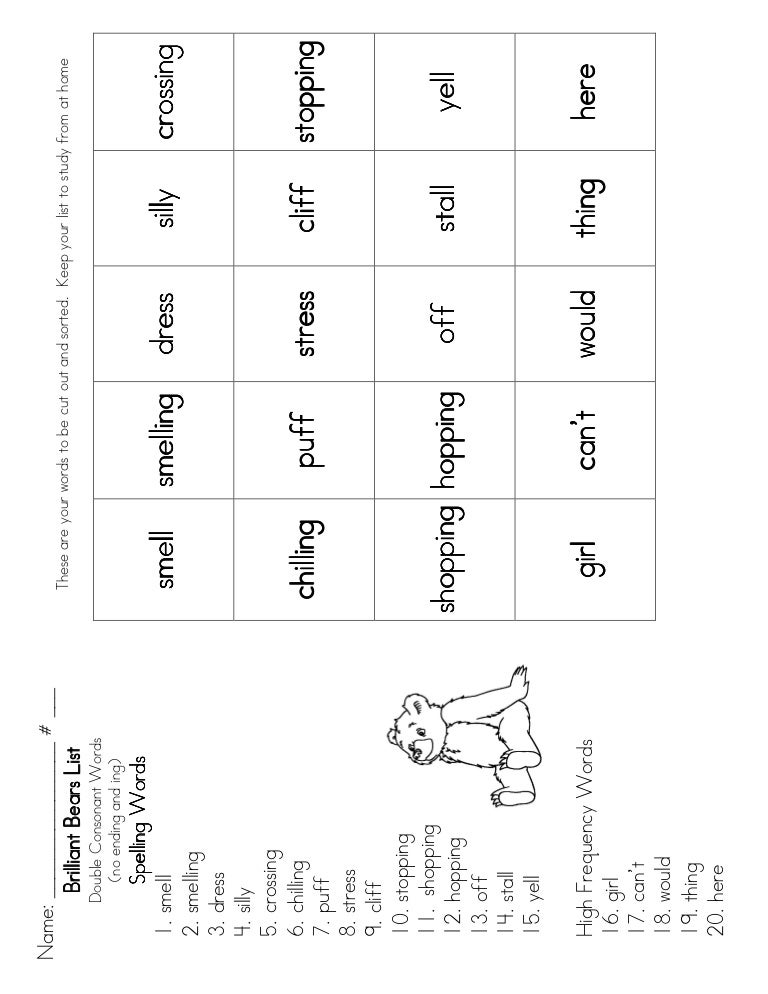 Such consonants are called double (doubled).
Such consonants are called double (doubled).
The following consonants can be double in words:
- bb - pp - Saturday, group, troupe, apparatus
- ff - differentiate
- kk - neat, accordion, hockey
- ss - profession, art, Russian
- tt - attraction, certificate
- rr - terrace, platform
- burning - buzzing, burning
- ll - collection, alley, million
- mm - grammar, kg
- nn - bath, column, lemon
Double consonants can stand:
- Burning at the beginning of a word
- In the middle of a word - worldview
- At the end of the word - kilogram
Double consonants are written at the junction of the prefix and the root : indefinite, view, support
Double consonants can be at the junction of the root and the suffix : chimney, lemon.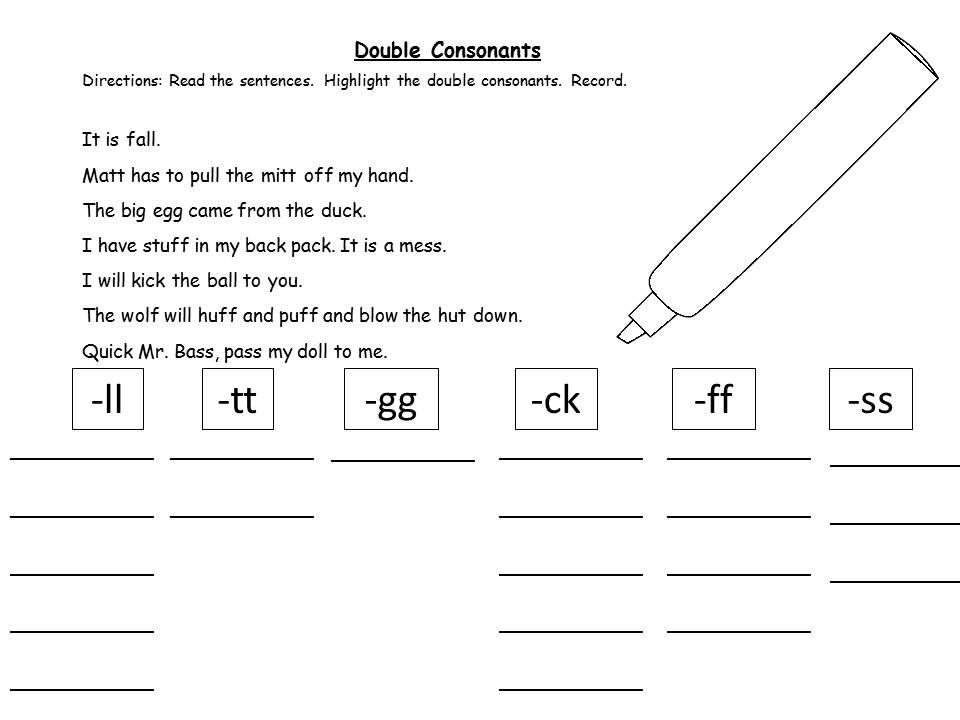
Double consonants can be located and at the root of : art, gram.
The spelling of double consonants should be memorized or, if in doubt, consult a spelling dictionary.
Usually, where a long sound is heard, double consonants are written. However, there are a number of exceptions that you need to know: gallery, imitation.
! Pay attention:
Double consonants refer to one syllable : quarrel-ra, zhu-zhzhat.
When hyphenating words with doubled consonants, these letters are separated by : Saturday, Appetit.
Share with your friends on social networks:
We advise you to see:
The use of the capital (large) letters
unstressed vowel in the root of the word
Spelling of the voiced and deaf consonants in the root of the word
The verified unpronounceable consonant in the root of the word
Words with the alternation of vowels
22 Words with alternating consonants in roots
Soft sign in words as an indicator of softness
Grammar soft sign after hissing
Separating soft and hard sign
Spelling of prefixes on -з / -с
Spelling of prefixes and prepositions
Combinations - ZhI-SHI, CHA , CHU-SCHU in different parts of the word
Letters I - Y after C
Spelling of combinations -ORO-, -OLO-, -ERE-, -ELE-.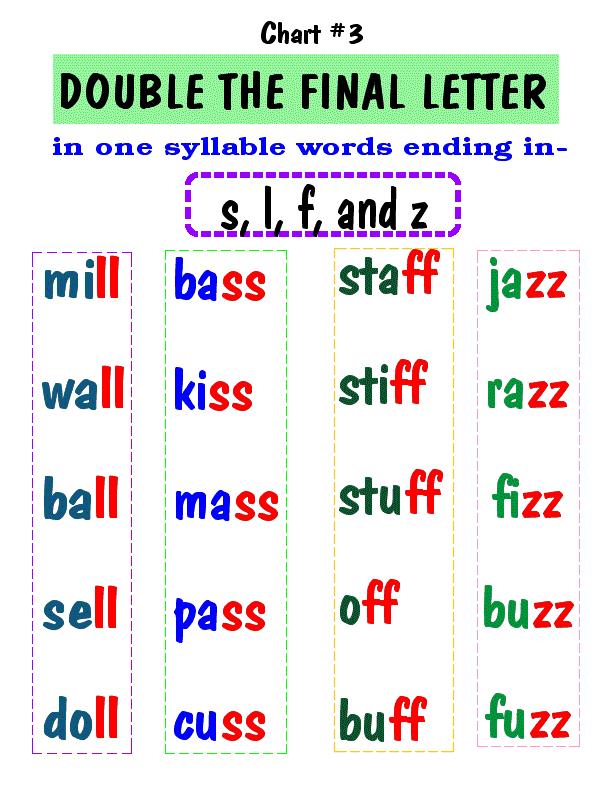
Suffixes -ENK-, -ONK- in adjectives
Vowels E, I in noun suffixes -EK-, -IK-
Spelling of suffixes -О, -А, -Е in adverbs
Vowels О, Е, Е after sibilants
Spelling of unstressed noun endings
Spelling of unstressed adjective endings
-tsya in reflexive verbs
Spelling "not" with verbs
Word hyphenation
Spelling and spelling of grades 1-4
The rule is found in the following exercises:
2 class
Exercise 136, Kanakina, Workbook, part 1
Exercise 221, Kanakina, Goretsky, Textbook, part 2
exercise 3, Klimanova, Babushkina, Workbook, part 1
Exercise 104, Klimanova, Babushkina, Workbook, part 1
Exercise 105, Klimanova, Babushkina, Workbook, part 1
Exercise 106, Klimanova, Babushkina, Workbook, part 1
Exercise 2, Buneev, Buneeva, Pronina, Textbook
exercise 3, Buneev, Buneeva, Pronina, Textbook
Exercise 25, Buneev, Buneeva, Pronina, Textbook
Exercise 34, Buneev, Buneeva, Pronina, Textbook
Grade 3
Exercise 5, Kanakina, Workbook, part 1
Exercise 248, Kanakina, Goretsky, Textbook, part 2
Exercise 258, Kanakina, Goretsky, Textbook, part 2
Exercise 77, Klimanov, Babushkina, Textbook, part 1
Exercise 80, Klimanov, Babushkina, Textbook, part 1
exercise 70, Klimanova, Babushkina, Workbook, part 1
Exercise 94, Klimanova, Babushkina, Workbook, part 2
Exercise 216, Polyakova, Textbook, part 1
Exercise 97, Buneev, Buneeva, Pronina, Textbook, part 1
exercise 7, Isaeva, Buneev, Workbook
4th class
Exercise 66, Kanakina, Workbook, part 1
Exercise 226, Kanakina, Goretsky, Textbook, part 2
Exercise 164, Kanakina, Workbook, part 2
Exercise 188, Klimanov, Babushkina, Textbook, part 1
Exercise 217, Klimanov, Babushkina, Textbook, part 2
Exercise 77, Buneev, Buneeva, Pronina, Textbook, part 1
Exercise 190, Buneev, Buneeva, Pronina, Textbook, part 2
Exercise 224, Buneev, Buneeva, Pronina, Textbook, part 2
Exercise 517, Ladyzhenskaya, Baranov, Trostentsova, Grigoryan, Kulibaba, Textbook, part 2
Exercise 580, Ladyzhenskaya, Baranov, Trostentsova, Grigoryan, Kulibaba, Textbook, part 2
5th class
Exercise 240, Ladyzhenskaya, Baranov, Trostentsova, Grigoryan, Kulibaba, Textbook, part 1
Exercise 244, Ladyzhenskaya, Baranov, Trostentsova, Grigoryan, Kulibaba, Textbook, part 1
Exercise 65, Razumovskaya, Lvova, Kapinos, Textbook
Exercise 66, Razumovskaya, Lvova, Kapinos, Textbook
Exercise 67, Razumovskaya, Lvova, Kapinos, Textbook
exercise 70, Razumovskaya, Lvova, Kapinos, Textbook
Exercise 154, Razumovskaya, Lvova, Kapinos, Textbook
Exercise 395, Razumovskaya, Lvova, Kapinos, Textbook
Exercise 748, Razumovskaya, Lvova, Kapinos, Textbook
Exercise 837, Razumovskaya, Lvova, Kapinos, Textbook
6th grade
Exercise 230, Ladyzhenskaya, Baranov, Trostentsova, Grigoryan, Kulibaba, Textbook, part 1
Exercise 378, Ladyzhenskaya, Baranov, Trostentsova, Grigoryan, Kulibaba, Textbook, part 2
Exercise 385, Ladyzhenskaya, Baranov, Trostentsova, Grigoryan, Kulibaba, Textbook, part 2
Exercise 426, Ladyzhenskaya, Baranov, Trostentsova, Grigoryan, Kulibaba, Textbook, part 2
Exercise 456, Ladyzhenskaya, Baranov, Trostentsova, Grigoryan, Kulibaba, Textbook, part 2
Exercise 475, Ladyzhenskaya, Baranov, Trostentsova, Grigoryan, Kulibaba, Textbook, part 2
Exercise 567, Ladyzhenskaya, Baranov, Trostentsova, Grigoryan, Kulibaba, Textbook, part 2
Exercise 44, Razumovskaya, Lvova, Kapinos, Textbook
Exercise 254, Razumovskaya, Lvova, Kapinos, Textbook
Exercise 306, Razumovskaya, Lvova, Kapinos, Textbook
7th grade
Exercise 329, Aleksandrova, Rybchenkova, Zagorovskaya, Narushevich, Textbook
Exercise 242, Ladyzhenskaya, Baranov, Trostentsova, Grigoryan, Kulibaba, Aleksandrova, Textbook
Exercise 325, Ladyzhenskaya, Baranov, Trostentsova, Grigoryan, Kulibaba, Aleksandrova, Textbook
Exercise 349, Ladyzhenskaya, Baranov, Trostentsova, Grigoryan, Kulibaba, Aleksandrova, Textbook
Exercise 366, Ladyzhenskaya, Baranov, Trostentsova, Grigoryan, Kulibaba, Aleksandrova, Textbook
Exercise 388, Ladyzhenskaya, Baranov, Trostentsova, Grigoryan, Kulibaba, Aleksandrova, Textbook
Exercise 54, Razumovskaya, Lvova, Kapinos, Textbook
Exercise 144, Razumovskaya, Lvova, Kapinos, Textbook
Exercise 377, Razumovskaya, Lvova, Kapinos, Textbook
Exercise 482, Razumovskaya, Lvova, Kapinos, Textbook
Grade 8
Exercise Practicum page 58, Aleksandrova, Rybchenkova, Zagorovskaya, Narushevich, Textbook
Exercise Practicum page 68, Aleksandrova, Rybchenkova, Zagorovskaya, Narushevich, Textbook
Exercise 156, Aleksandrova, Rybchenkova, Zagorovskaya, Narushevich, Textbook
Exercise 167, Aleksandrova, Rybchenkova, Zagorovskaya, Narushevich, Textbook
Exercise 179, Aleksandrova, Rybchenkova, Zagorovskaya, Narushevich, Textbook
Exercise Repetition pp.

